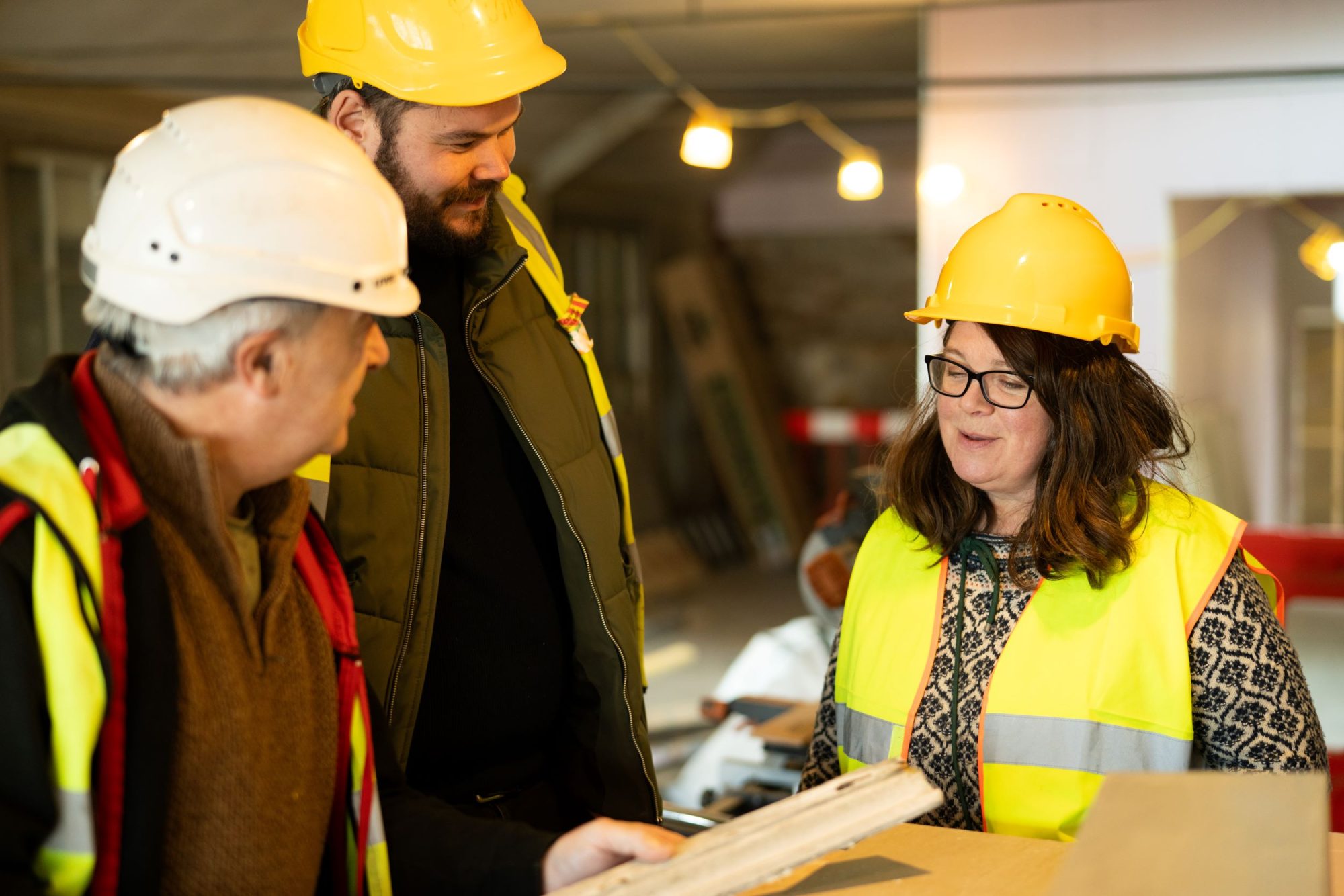
Tim Davies-Pugh
Chief Executive
As we enter our tenth year, it is worth noting our Community Business Market report has been a flagship source of information on how communities have evolved across that time. Since 2015 we have produced nine reports on the community business market, with this year exploring issues aligned to our themes of building community power, taking back the high street and financing the future economy.
Our report continues to provide a comprehensive and up to date snapshot of community business: its challenges, its confidence and what support it needs to grow and become more resilient in the future.
The community business market is stable
In other times, reporting a sector that is stable might appear underwhelming. But in a time of continuing cost-of-living challenges and when we have seen a record jump in the number of businesses in distress, reporting on a market that remains stable, resilient and flexible is a strong indicator that community-led initiatives only strengthen the need to see community business as a key area to support growth, wellbeing and greater community cohesion. The median income of community business is now higher than levels before the Covid-19 pandemic and business confidence has persisted at similar levels to 2022.
We know that community business contributes to a fairer local economy. Over two-thirds of community businesses pay their staff at least the real Living Wage, compared to only one in seven UK employees working for Living Wage Employers. And we know community businesses’ staff, customers, and suppliers are likely to be local. This contributes to a local economy that is ‘felt’ by the people living in it.
Empowering our communities
Appetite for asset ownership has also persisted, with two fifths focused on identifying buildings or land to grow their business. Through ownership of local spaces and places community business can play an important part in empowering local communities – but we need better community powers and more accessible financial support (and not just grant funding) to help communities make this change.
Community businesses are helping not only to revive but also redevelop our local high streets. Two fifths of those surveyed for our report feel they are already making an impact. Our report outlines some of the ways the private sector and local government can provide access to opportunity and support to build high street sustainability, something people want; our previous research shows high streets are the fourth top priority in local communities.
The stories and data in our report demonstrate that the community business market remains a valuable source of social and economic wellbeing to their communities. It is clear, now more than ever, that supporting and enabling community business will be crucial to the sustainable transformation of community wellbeing. They will be key to achieving the prosperity envisaged in emerging national discussions about devolution and local growth.



